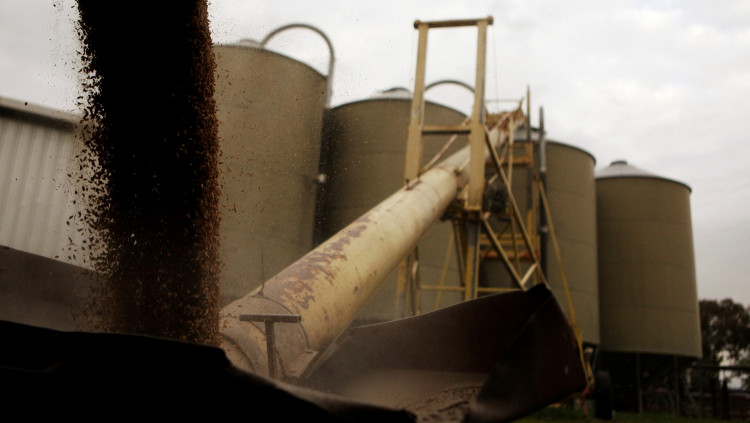China has pushed ahead with its plans to impose tariffs on barley imported from Australia. Government officials confirmed on Monday that all incoming shipments of the crop will be subject to a steep 80.5 percent tariff following the conclusion of its anti-dumping investigations.
The country's Ministry of Commerce (MOFCOM) stated that the findings of its investigations had proven that Australia was dumping cheap barley into the country, severely hurting its domestic market. A notice published by the agency stated that the investigation had involved an assessment on the degree of damage of the dumping. It had concluded that there was indeed substantial damage done to the country's domestic industry.
Last week, China had warned that it would impose the tariffs if it had found substantial evidence. The State Council Customs Tariff Commission confirmed this week that it would be slapping the levy on barley imports, which will be comprised of a 73.6 percent anti-dumping tariff and a 6.9 percent countervailing subsidy margin.
China originally started its investigation into the alleged dumping practices in November 2018. During that time, regulators had suggested an anti-dumping tariff of around 56.14 percent. It was then raised to about 73.6 percent in the following months after investigators had found new evidence.
MOFCOM announced that the new tariffs will immediately be imposed on existing Australian exporters, including JW & JI Mcdonald & Sons, The Iluka Trust, Haycroft Enterprise, and Kalgan Nominees. Exports made by other companies will also be slapped with the tariff starting on Tuesday.
The agency clarified that Australian exporters who had not sent barley to China during its investigation can apply for an exemption. These companies would need to submit their applications in writing, with their request being then subject for review.
The imposition of the new tariffs comes just days after China announced that it would no longer be accepting beef imported from four specific Australian meat processing plants. Australia has openly accused China of punishing it for its political position and its intention of launching a probe into the origins of the coronavirus.
China has denied Australia's accusations and emphasized that its imposition of new regulations was not politically motivated. Nevertheless, China's decision will have a heavy impact on Australia's agricultural industry. China is Australia's largest barley buyer, accounting for close to half of its $834 million barley trade.
While both countries still enjoy zero tariffs on a number of other products under the China-Australia Free Trade Agreement, relations are slowly souring. China has accused Australia of being the US' mouthpiece, with leaders from both countries often butting heads over major geopolitical issues.





